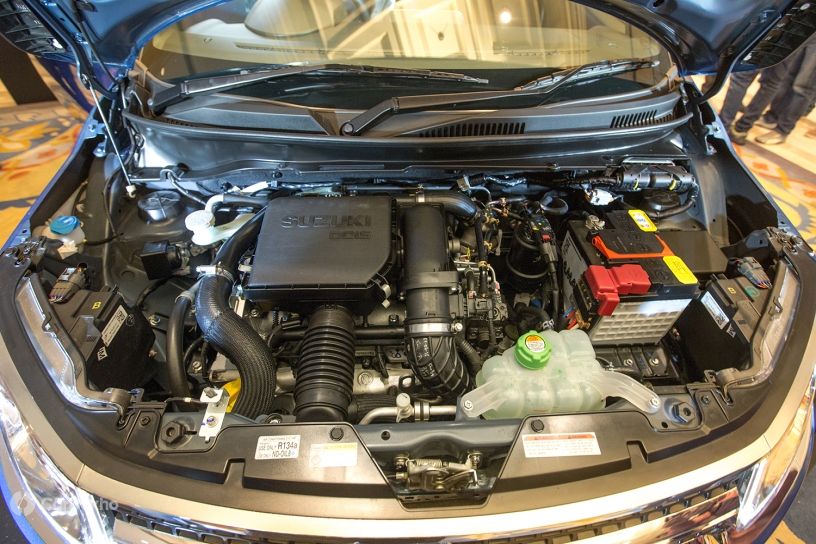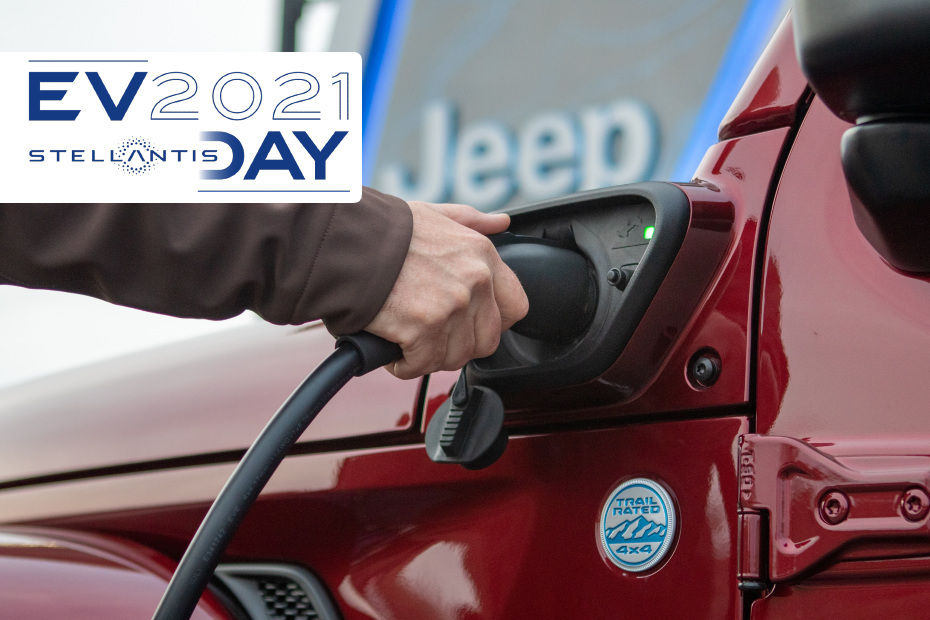It’s Time To Say Goodbye To The Beloved 1.3-litre Multijet Diesel
Modified On Apr 01, 2020 01:02 PM By Dhruv
- Write a comment
While we knew this was bound to happen, saying goodbye to India’s ‘National Engine’ is harder than we thought

Fiat Chrysler Automobiles’ (FCA) 1.3-litre MultiJet diesel engine, which was co-developed with General Motors and also paved the way for India’s diesel revolution, won’t be upgraded to meet BS6 norms. We have all known this for quite some time. Still, the image of the last of these little warriors being garlanded at Fiat’s plant and being given a hero’s farewell hit us harder than we thought it would.
The reasons why this engine was a success are pretty simple. It was small in size, so it could be packed under the bonnet of any small car. It was refined compared to anything before it, offered great reliability and was frugal too. But the greatest weapon it had in its arsenal was the performance - the ability to convert a small hatchback into a pocket-rocket.

I still remember the first time I drove a car with this engine underneath the bonnet. It was the second-generation Swift and, at the time, the fleeting turbo-lag made me dislike diesel-powered cars. But the surge of torque that followed not only left me pinned back in my seat, it also blew away any misconceptions I had in my mind about what a well-engineered diesel engine should be like.
It was such a versatile engine that Fiat offered it in five different states of tune - only two of which made it to India. A 75PS/190Nm tune for models that weighed efficiency over performance and a 90PS/200Nm tune, for those that valued performance over efficiency. Not that the latter had a drinking problem in any way. So it’s no wonder that five carmakers in India -- Fiat, Maruti, Tata, Chevrolet and Premier -- used this engine in 24 models. Those numbers grow to 11 carmakers and 45 models if you look at the global picture.
 Source: An FCA employee poses with the last 1.3-litre MultiJet engine that rolled out of the factory.
Source: An FCA employee poses with the last 1.3-litre MultiJet engine that rolled out of the factory.
Now coming back to the picture that was shared on social media, a placard next to the engine read that 8,00,048 units of it had been built at Fiat’s Ranjangaon plant. That’s a big number. Now let me tell you this. Maruti manufacturers this engine at their factory too. And they sell a whole lot more cars than Fiat does. So by the time April 2020 rolls around and Maruti too does away with the production of this engine, the number of cars on Indian roads using this engine would be… Just trying to do the math hurts my head. Let’s leave it at - a lot.
Writing all of the above made me wonder for a second, why couldn’t Fiat or Maruti upgrade it to meet BS6 emission norms? Fiat’s poor sales figures in the recent past doesn’t justify the extra cost required to upgrade this engine. Maruti says it is done with diesels, while Tata has its own now. Meanwhile, Chevrolet packed up its bags and left India and Premier... Well, let us know if you have any clue what happened to this brand.

In essence, it’s like a break-up where you walk away from a good thing because rather than tarnishing its legacy by trying to make it work, you’d rather live with the beautiful memories you made together.















